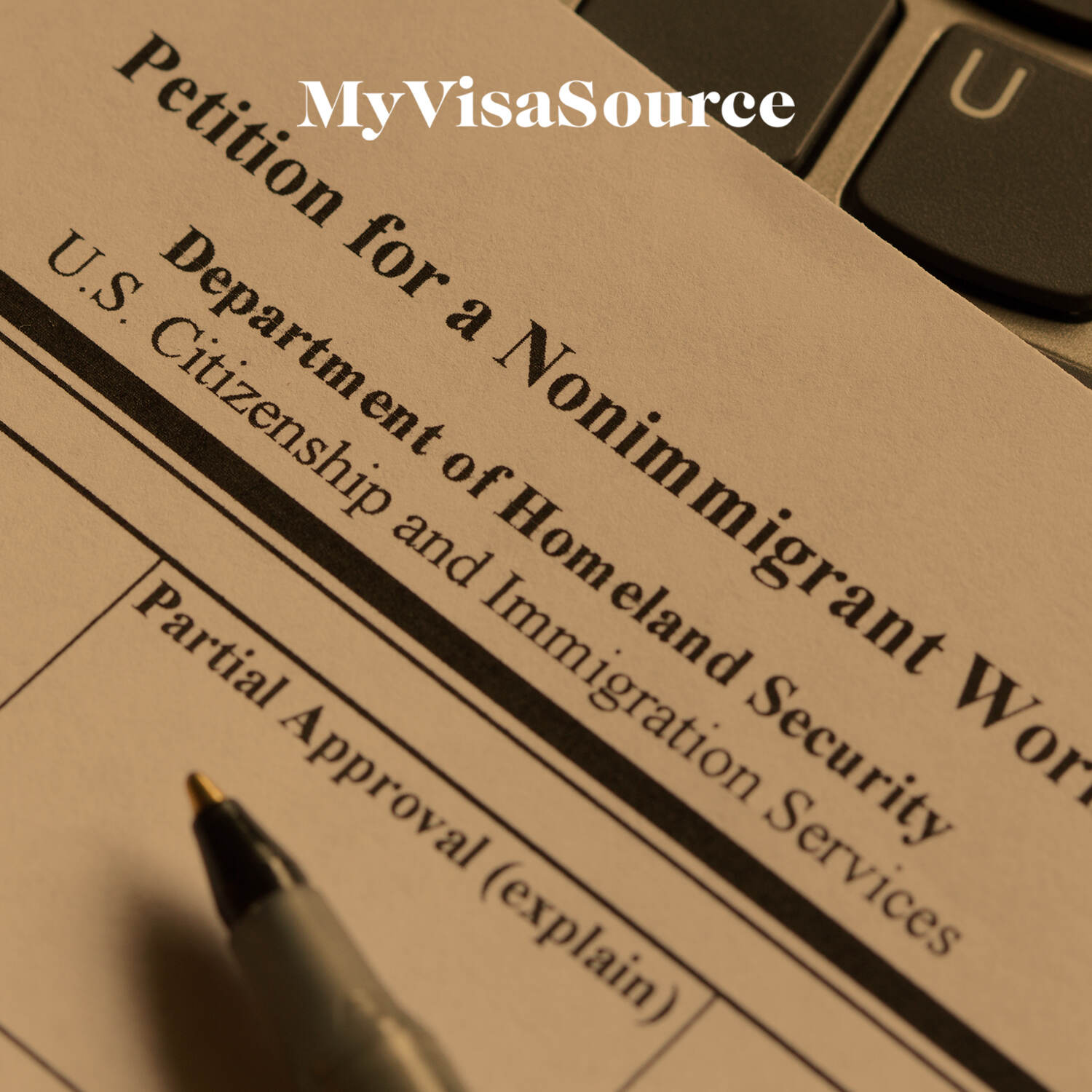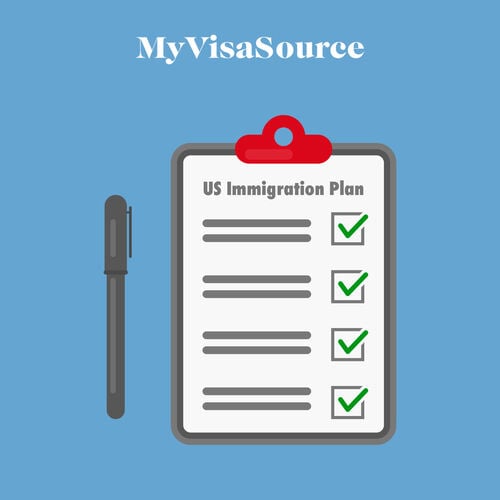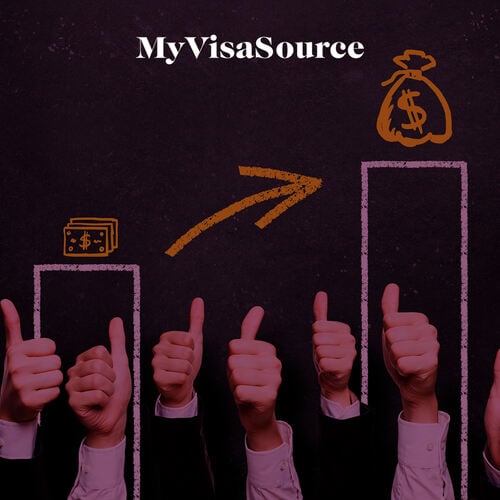Foreign nationals can come to the United States temporarily to transition to permanent residence. However, most nonimmigrant visas only allow you to come to the US only if you intend to return home. Attempting to transition to permanent residence on certain nonimmigrant visas can lead to long-term severe consequences.
For this, one needs to apply for a dual intent visa. A dual intent visa will allow you to travel to the US temporarily to possibly immigrate. However, for most temporary status, you must demonstrate that you have nonimmigrant intent, meaning that you do not intend to immigrate to the US during your stay.
What Is Nonimmigrant Intent?
There are 2 types of US visas: immigrant visas (on the way to obtaining "Green Card", Permanent Resident Card) and nonimmigrant visas (temporary visitors). To apply for a US visa, you will be required to declare your intention to the consular official to meet the eligibility requirements of the particular visa category. Consular officials assume that every applicant has an immigrant intent unless they can demonstrate otherwise. You can be barred from visa fraud if the consular suspects that you are misrepresenting your intention.
How to Prove Nonimmigrant Intent
To be eligible for a nonimmigrant visa, you are required to demonstrate that you do not intend to permanently settle in the US and will not abandon your foreign citizenship while you are in the US. You are only visiting the US temporarily.
The eligibility requirements for each nonimmigrant visa are different, however, you will be required to prove nonimmigrant intent for most. To determine whether your intention is true, the consular office will consider the following factors:
-
Family and personal ties to each country
-
Work and business opportunities in each country
-
Home owned or leased for the long term in each country
-
Property ties in the form of car, real estate, bank accounts and other investments in each country
-
Social and cultural ties to each country
-
Prior efforts of applying for permanent residence in the US and prior immigration violations, if any
-
The purpose of visiting the US
What Is the Middle Ground?
The above-mentioned guidelines aren’t rigid and do not apply to all types of nonimmigrant visas. There are many exceptions. For example, F-1 Student Visa applicants are granted some leniency from these rules. The Department of State understands that international students come to the US without employment and family dependents or any substantial assets.
Therefore, their residence abroad is considered in a broad scope and the main focus is on their short-term intent. This means that an F-1 Visa is granted based on the applicant’s immediate intent, not what might be in the future.

















